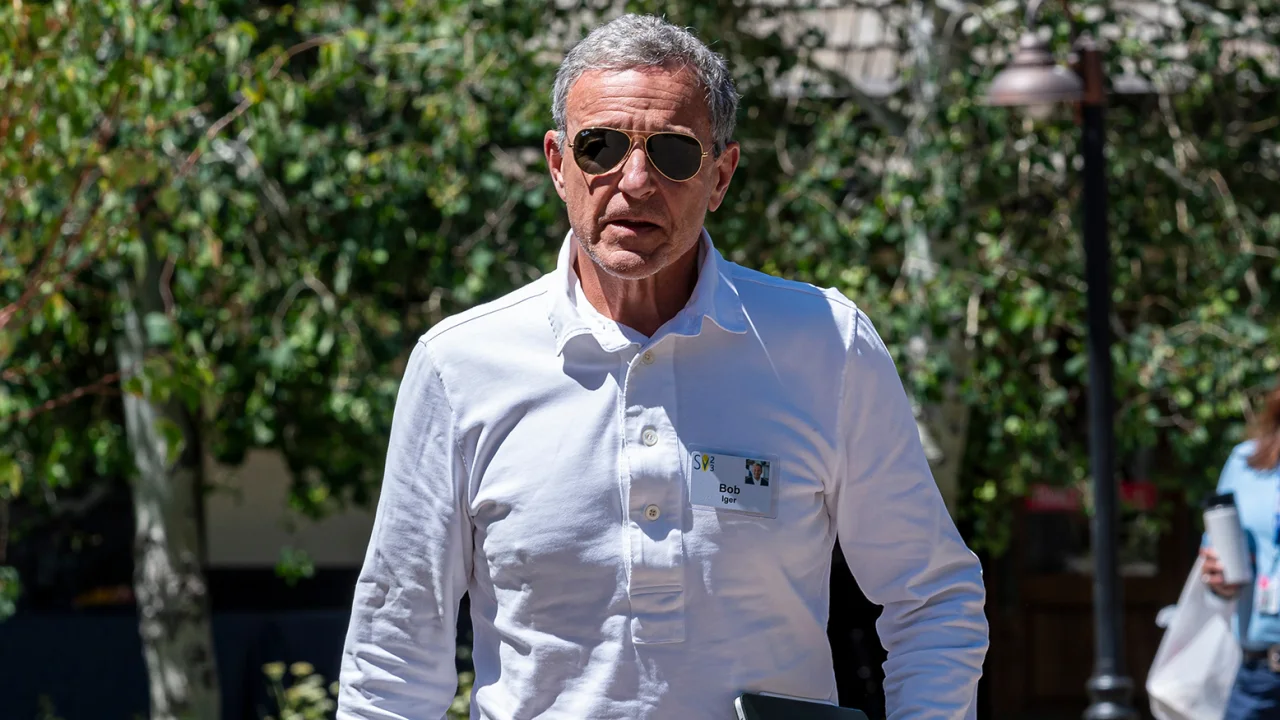Business: Bob Iger is supposed to save Disney from default

Following Bob Iger’s return to Disney nine months ago, the company and its shareholders breathed a collective sigh of relief.
It’s finally time for “Dad” to take over and get everything back in order. Having signed a two-year contract, he has plenty of time to improve Disney’s stock price and recruit a successor.
I’m not happy with how things are going.
Iger told CNBC in a revealing interview last month that the challenges are greater than he anticipated.
Even Iger – a Hollywood power player who orchestrated modern-day Disney’s biggest successes – won’t be able to Mary Poppins his way out of this mess, the board has extended his turnaround timeline to at least four years.
In the last year, Disney’s stock has been flat, and it has fallen by more than 55% since its peak in 2021. There are two major rivals: Comcast and Warner Bros. The shares of Discovery and Discovery Channel are up 30% and 50%, respectively, this year.
For the third quarter, analysts expect Disney’s revenue to increase just 3%, with top-line growth tepid.
There are many challenges Disney faces in 2023 as it runs a sprawling media conglomerate: linear TV, once a lucrative tent pole, is crumbling, while streaming, its theoretical replacement, is devouring cash. Rates are taking a toll on the economy. Despite the vaunted studio’s seemingly endless output of superhero movies, spinoffs, and sequels, audiences are becoming bored.
The company has cultivated even more problems under Iger 2.0, including a morale crisis sparked by a surprisingly candid interview with CNBC on July 13.
As a result of laying off some 7,000 employees across the company to save money, Iger was already getting criticized for attending Sun Valley, the “summer camp for billionaires.” However, Iger went on TV and, against the backdrop of idyllic Idaho mountains under a pink sky, he wrecked his communications team’s week.
During the interview, Iger explained that Disney’s non-ESPN linear assets, including ABC, the Disney Channel, FX, and National Geographic, “may not be core,” and that the traditional TV business model is “broken.”
We might be interested in selling our linear assets.
Obviously, the comments set off alarms at Disney General Entertainment Content, which runs Disney’s broadcast and cable networks.
At an off-site meeting with senior managers after the Faber interview, Iger attempted to smooth things over. The outcome wasn’t a slam dunk. A Disney insider told Oliver Darcy that Iger gave “the usual jewel in the crown stuff – except now that we know he’s selling it.”
During the same interview with CNBC, he also made enemies among the 160,000 Hollywood writers and actors on strike, calling their activities “very disruptive.”
In early 2020, when he handed the CEO reins to his successor, Bob Chapek, the media landscape was nothing like it is now.
